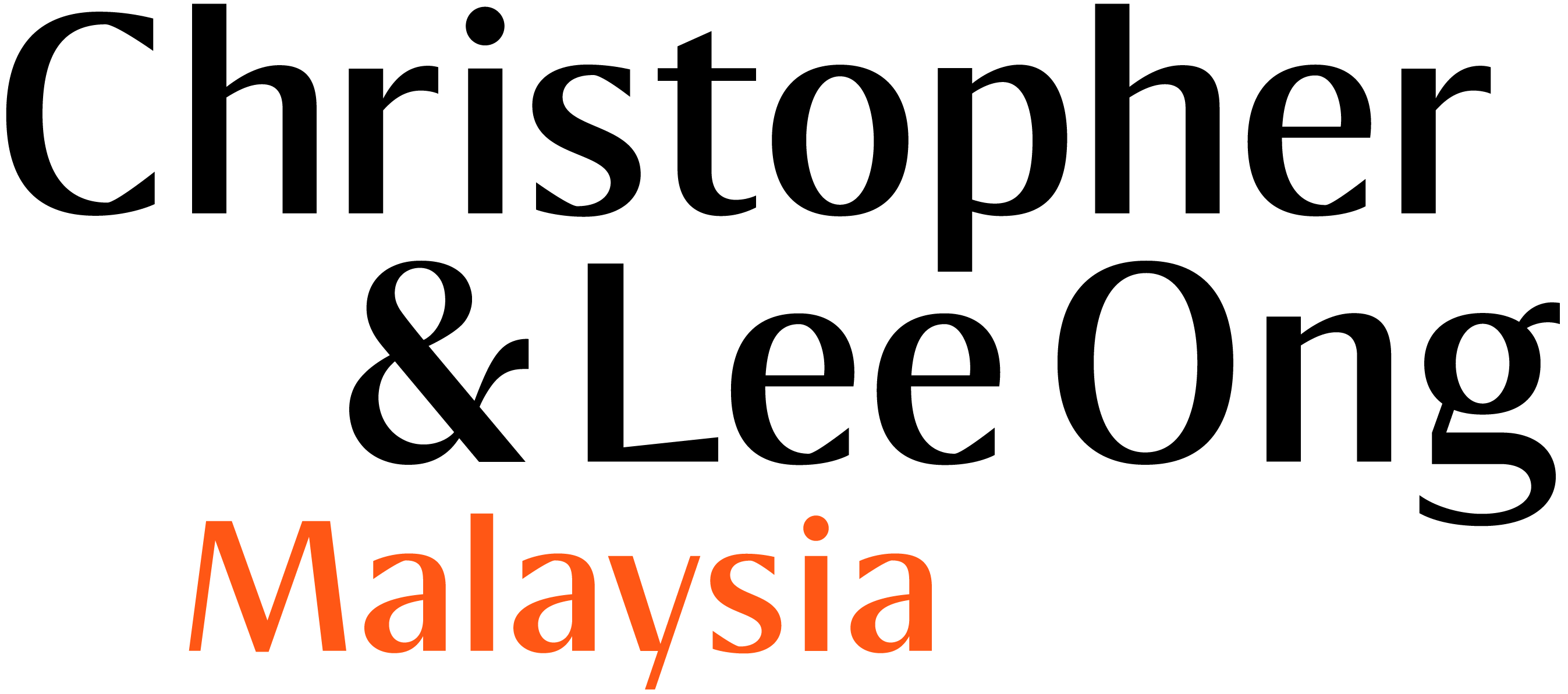Content Code 2022 | Part 1: The Content Forum Publishes the Revamped Communications and Multimedia Content Code
On 30 May 2022, the Third Edition of the Communications and Multimedia Content Code (“New Content Code“) was released and registered with the Malaysian Communications and Multimedia Commission (“MCMC“).
Following a public inquiry held in 2021, as well as close consultation with various stakeholders in the media industry, the New Content Code revamps the Second Edition of the Communications and Multimedia Content Code which was released and registered with MCMC on 14 February 2020 (“Previous Content Code“). It addresses a variety of issues including gaps caused by the advancement of technology, the internet and social media. It also facilitates self-regulation by consumers and industry players.
In particular, the key changes identified under the New Content Code are:
- the expansion of the application of the Previous Content Code to include online service providers;
- the introduction of new provisions about the advancement of technology, such as those relating to online abuse, gender-based violence, protection of persons with disabilities, etc.;
- Repayment of loans countries;
- the enhancement of the scope, standards and guidelines of the regulation of advertisements and consumer protection; and
- the refinement of various provisions in the Previous Content Code, such as (i) the meaning of indecent content; (ii) the use of women, children, religion, cosmetic, financial products and intoxicating liquor in advertisements; and (iii) specifying the complaints procedure for complaints about content disseminated over electronic networked mediums.
All media industry players are strongly encouraged to review their existing practices and procedures in light of the extensive amendments introduced, as the New Content Code will continue to be a reference for the interpretation of offences under section 211 and section 233 of the Communications and Multimedia Act 1998.
For more information, click here to read our Legal Update.
Malaysian Franchise (Amendment) Act 2020: Key Changes
The franchise industry in Malaysia is governed by the Franchise Act 1998 (1998 Act). The Franchise (Amendment) Act 2020 (“Amendment Act“) came into force on 28 April 2022 with the goal to impose more stringent requirements of registration for both franchisors and franchisees, and in relation to the provisions of franchise agreements.
The Amendment Act largely clarifies specific aspects of the franchise registration regime and will hopefully promote the growth of the Malaysian franchise industry.
For more information, click here to read our Legal Update.
Public Consultation on Proposed Amendments to Competition Act 2010 – Introduction of Merger Controls in Malaysia
On 25 April 2022, the Malaysia Competition Commission (“MyCC“) issued, for public consultation, the salient terms of its proposed amendments to the Competition Act 2010 (“Salient Terms”).
The Salient Terms indicate that the proposed amendments will include the introduction of an economy-wide merger control regime which makes mandatory the notification of anticipated mergers which meet prescribed thresholds to MyCC for competition assessment. Mergers or anticipated mergers which do not satisfy the prescribed thresholds may be voluntarily notified to MyCC as well.
Parties to anticipated mergers who are mandated to notify MyCC of the anticipated merger in question will also be subject to the suspensory provisions mentioned in the Salient Terms. Such suspensory provisions prevent the said anticipated merger from being implemented before MyCC officially clears it after carrying out the relevant assessments. Failure to adhere to these rules may result in a financial penalty of up to 10% of the value of the anticipated merger transaction. Such a heavy sanction incentivises affected parties to avoid deviating from such rules.
MyCC has also decided, according to the Salient Terms, that the new merger control regime will exclude (i) mergers involving commercial or economic activities regulated under certain legislation, and (ii) mergers between enterprises licensed, registered, or approved by specified authorities. MyCC has, however, indicated that, should one merging entity out of the merging parties fall under the purview of the merger control regime, the entire merger or anticipated merger will then fall under its purview and jurisdiction. These proposed amendments are subject to change given that they have not been approved in Parliament and are only in draft form based on public consultation. MyCC has indicated that the proposed introduction of merger control is expected to take place in Q4 of 2023.
Finally, together with a new proposed merger control regime, the Salient Terms have also revealed that a new settlements procedure and whistle-blower rewards system and a new and improved leniency programme will be proposed. These proposals will strengthen the investigative powers of MyCC and ensure efficient use of its various resources.
For more information, click here to read our Legal Update.
The New Geographical Indications Act 2022: Key Changes
A geographical indication (“GI“) is a sign or geographical term used on products to indicate the place of origin and corresponding qualities and characteristics of the product arising due to the place of origin, e.g., Sarawak Pepper, Sabah Tea, Scotch Whisky etc.
Malaysia’s new Geographical Indications Act 2022 (“new GI Act“) came into operation on 18 March 2022 and repeals the previous Act. The new GI Act provides wider protection to GI proprietors and greater clarity about the examination procedures for the registration of GIs.
For more information, click here to read our Legal Update.
Insider Trading – What Directors of Public Listed Companies Need to Know
Insider trading has been subject to increased regulatory scrutiny in the Malaysian market over the past decade, posing several important questions for those who are privy to confidential information.
Some of the most common issues facing Directors of public listed companies (PLCs) include:
- What are the specific rules that govern their share trading?
- When can Directors buy or sell shares of companies on whose boards they sit?
- Can a Director be in breach of insider trading laws even if he individually does not trade but instead shares confidential information with others?
- Are Directors the only ones at risk of being in breach of insider trading prohibitions?
These are issues that often face those who deal with inside information, particularly Directors and company advisers such as lawyers and investment bankers. The two-part article provides an insight into the law governing insider trading under the Capital Markets and Services Act 2007 (“CMSA“) which will enable Directors and other corporate insiders to stay on the right side of the law.
The article describes how the Malaysian courts have dealt with materiality of information for purposes of the CMSA, when information is regarded as generally available, and how tipping is regarded in law even when the tipper himself does not trade. An analysis has also been provided on the interface between the CMSA and Bursa Malaysia’s rules on closed period trading. Given that both civil and criminal actions can be taken for breaches of the law, this article includes case updates on how the law has been applied by the courts.
For more information, click here (for Part 1) and here (for Part 2) to read our Legal Updates.
Please note that whilst the information in this Update is correct to the best of our knowledge and belief at the time of writing, it is only intended to provide a general guide to the subject matter and should not be treated as a substitute for specific professional advice














